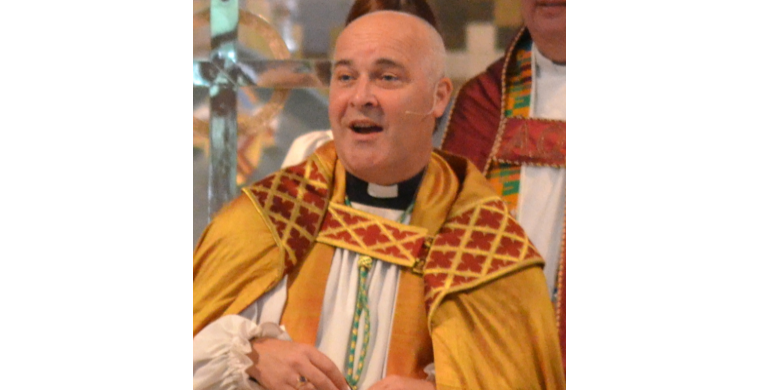Calling God 'our Father' is problematic, says Archbishop of York
Liberal, feminist clergy support Stephen Cottrell's comments while others say he is taking his 'cue from culture rather than scripture'
By Gabriella Swerling, Social and Religious Affairs Editor
THE TELEGRAPH
7 July 2023
Calling God "our Father" is "problematic", the Archbishop of York has said.
The Most Rev Stephen Cottrell said the phrase is "problematic" for victims of abuse as well as people who have suffered under "oppressive patriarchy".
The Archbishop waded into the controversial debate on God's gender in his presidential welcome address to General Synod, the Church of England's legislative body, which is convening in York.
The Lord's Prayer, the Christian prayer which derives from when Jesus's disciples asked him how they should pray, begins: "Our Father, which art in heaven, Hallowed be thy Name", and contains the male pronouns, "He" and "Him", in reference to God.
However, the Archbishop of York has suggested that the use of the term, "Father", is "problematic" for those who have suffered under abusive fathers, and those who have been abused by clergy, known as their fathers in God.
The Archbishop's comments sparked a mixed reaction from a divided church.
Liberal, feminist clergy within the Church of England said just "because Jesus called God 'daddy', we think we have to call God 'daddy'", and agreed with his intervention on the controversial subject.
In contrast, conservative Christians criticised the Archbishop for taking his "cue from culture rather than scripture".
'Oppressively patriarchal grip'
In a speech centred on themes of cooperation and collaboration, the Archbishop said that, for Christians, the "God to whom we pray is 'Father'."
He added: "And, yes, I know the word 'Father' is problematic for those whose experience of earthly fathers has been destructive and abusive, and for all of us who have laboured rather too much from an oppressively patriarchal grip on life."
His comments come after the previous meeting of the Synod in February, in which the notion of a gender-neutral God was proposed.
Proposals were made to the Liturgical Commission, which prepares and promotes forms of religious worship and service within the Church, to consider launching a project "on gendered language" referencing God.
The move was criticised by conservatives, who have warned that "male and female imagery is not interchangeable".
However, liberal Christians welcomed it, claiming that "a theological misreading of God as exclusively male is a driver of much continuing discrimination and sexism against women".
Responding to the Archbishop's comments, Canon Dr Chris Sugden, Chairman of Anglican Mainstream, pointed out that in the Bible, Jesus says "when you pray, say our Father".
"Is the Archbishop of York saying Jesus was wrong or that Jesus was not pastorally aware? I can't believe he is doing that consciously, but that's the impression it gives," Dr Sugden said.
"It seems to be emblematic of the approach of some church leaders to take their cues from culture rather than scripture."
He added: "If people have had a difficult relationship with their human fathers then the option open to them is to say you can rediscover the true nature of fatherhood through Christ."
Scripture 'is clear'
The Revd Dr Ian Paul, Associate Minister, St Nic's Nottingham, and member of General Synod and the Archbishops' Council, added: "We are not at liberty to reject this clear and consistent teaching of Scripture."
In contrast, Rev Christina Rees CBE, a former General Synod member, founder member of the Archbishops' Council and who led the campaign for women bishops as Chairman of Women and the Church (WATCH), said that the Archbishop "has put his finger on an issue that's a really live issue for Christians and has been for many years".
"Calling God 'father' has been hugely problematic," she said, "and when women say it and have been saying it, there's been some understanding and sympathy.
"But I think the issues that it has raised have come into sharp focus more with clergy abuse issues. Because sometimes the abuse victims have been abused by their birth fathers and gone on to be abused by their fathers in God -- the local priest -- so there are multiple layers why the term father is really difficult for people in the church."
"It's the way it's been set for so long and so we're stuck," she added. "And because Jesus called God 'daddy', we think we have to call God 'daddy'. And the big question is, do we really believe God believes that male human beings bear the image of God more fully and accurately than women? The answer is absolutely not."
END














